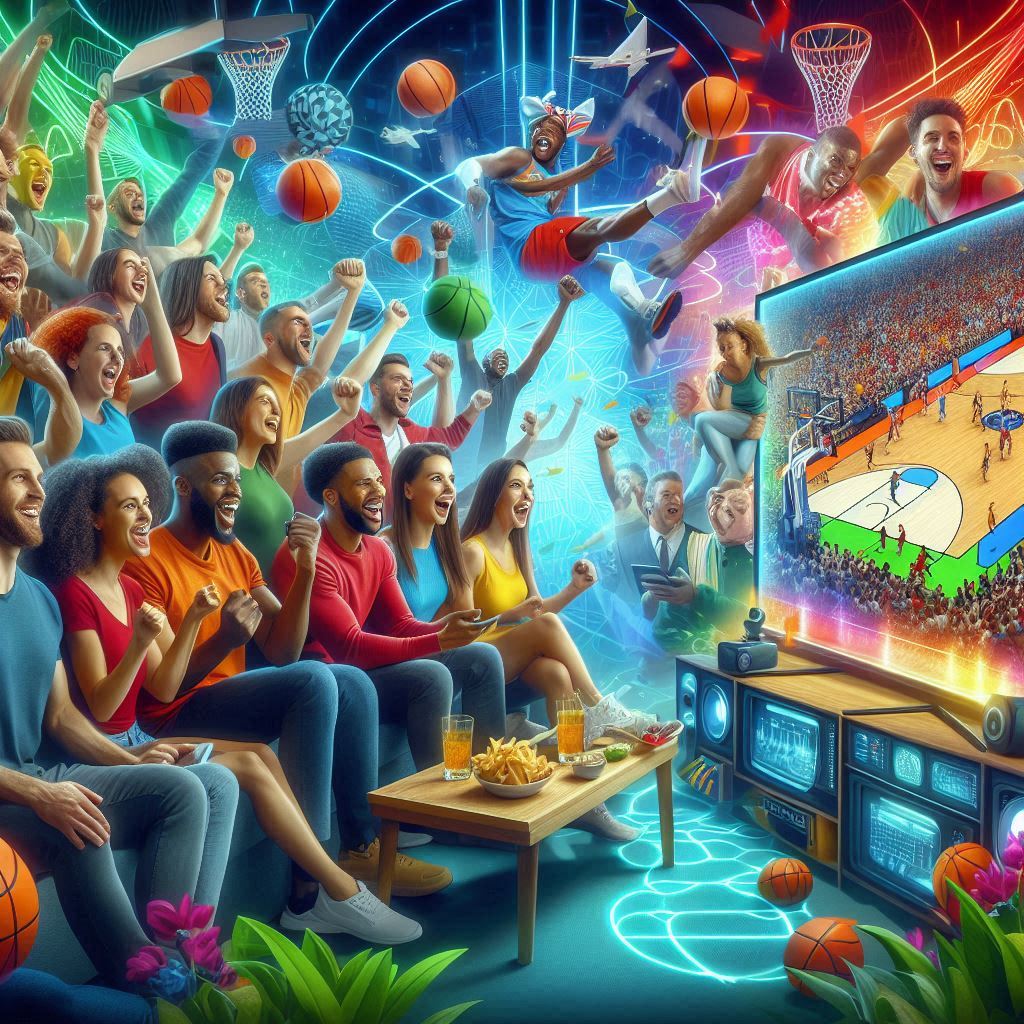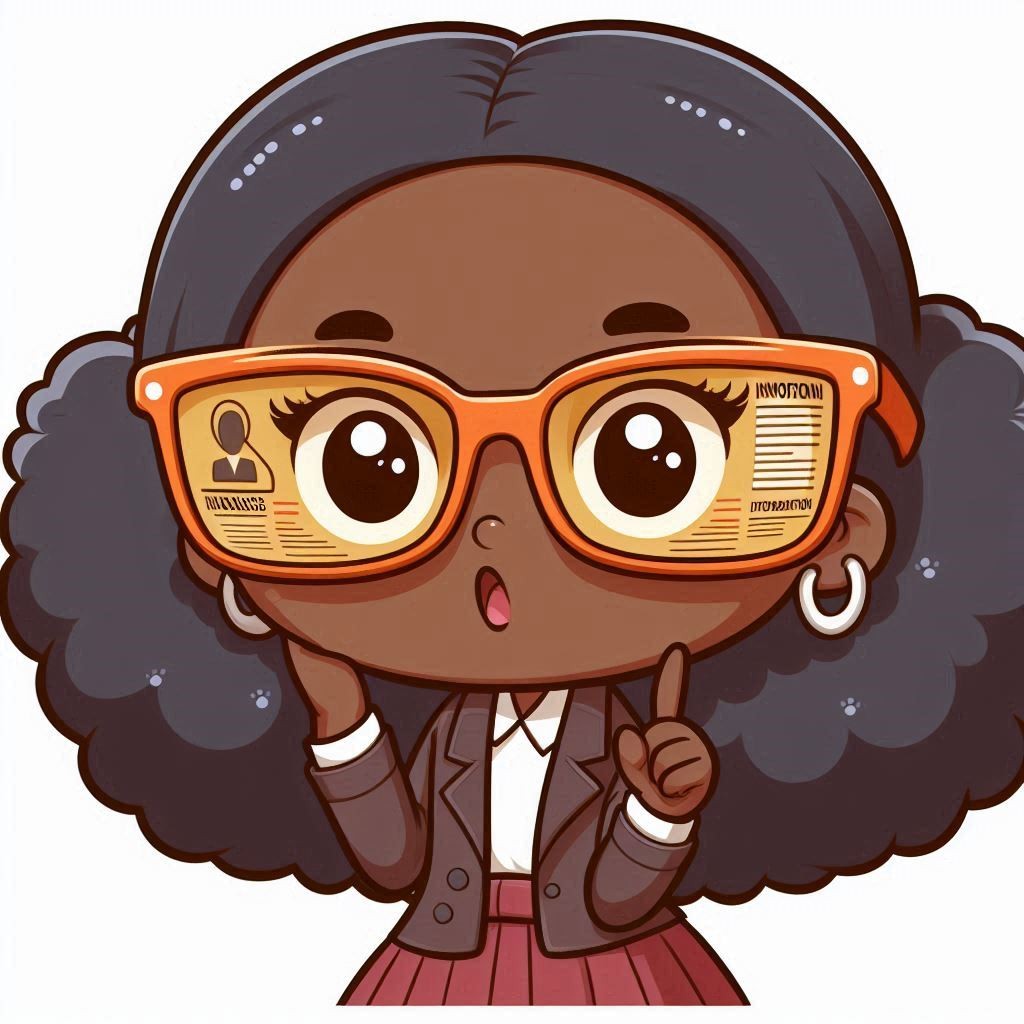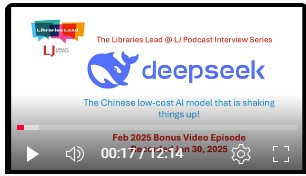The vital role libraries play in their communities has been well documented, yet many libraries are overlooked, and certainly underfunded, for their significant involvement in disaster preparedness and recovery. Each new disaster brings focus to the urgency around recognizing libraries as key climate resiliency partners. To that end, academics, practitioners, educators, and other leaders have created a body of work to help share stories that raise awareness.
LIBRARIES LEAD PODCAST
EXPLORE LJ
PROFESSIONAL DEVELOPMENT
STARRED REVIEWS
ALREADY A SUBSCRIBER? LOG IN
We are currently offering this content for free. Sign up now to activate your personal profile, where you can save articles for future viewing




























